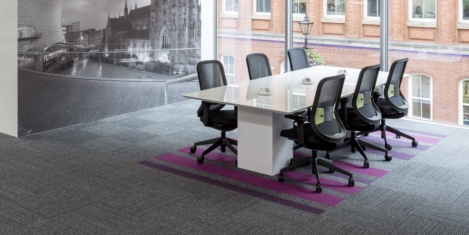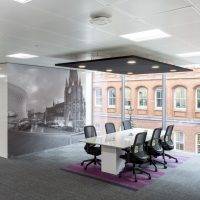November 22, 2016
Number of people who commute over two hours a day increases by a third 0
One in seven UK employees commute over two hours or more each day. This represents an increase of nearly a third (31 percent) over the past five years, which claims the TUC, is due to a combination of low wages, high house/rental prices and the government’s lack of transport infrastructure spending, According to a new analysis by the union to mark Work Wise UK’s Commute Smart Week, in 2015 3.7 million workers had daily commutes of two hours or longer – an increase of 900,000 since 2010 (2.8 million). In 2015 one in seven UK employees (14 percent) travelled two hours or more each day to and from work, compared to one in nine in 2010 (11 percent). UK workers spent 10 hours extra, on average, commuting in 2015 than they did in 2010. This is the equivalent of an extra 2.7 minutes per day. London (930,000) has the highest number of employees who make long commutes, followed by the South East (623,000) and the East of England (409,000); while workers in Northern Ireland (+57 percent) have experienced the biggest rise in long commuting, followed by the South East (+37 percent) and the West Midlands (+27 percent).









































October 25, 2016
Millennials have just the same needs for peace and quiet as everybody else 0
by Steven Lambert • Comment, Wellbeing, Workplace design
More →